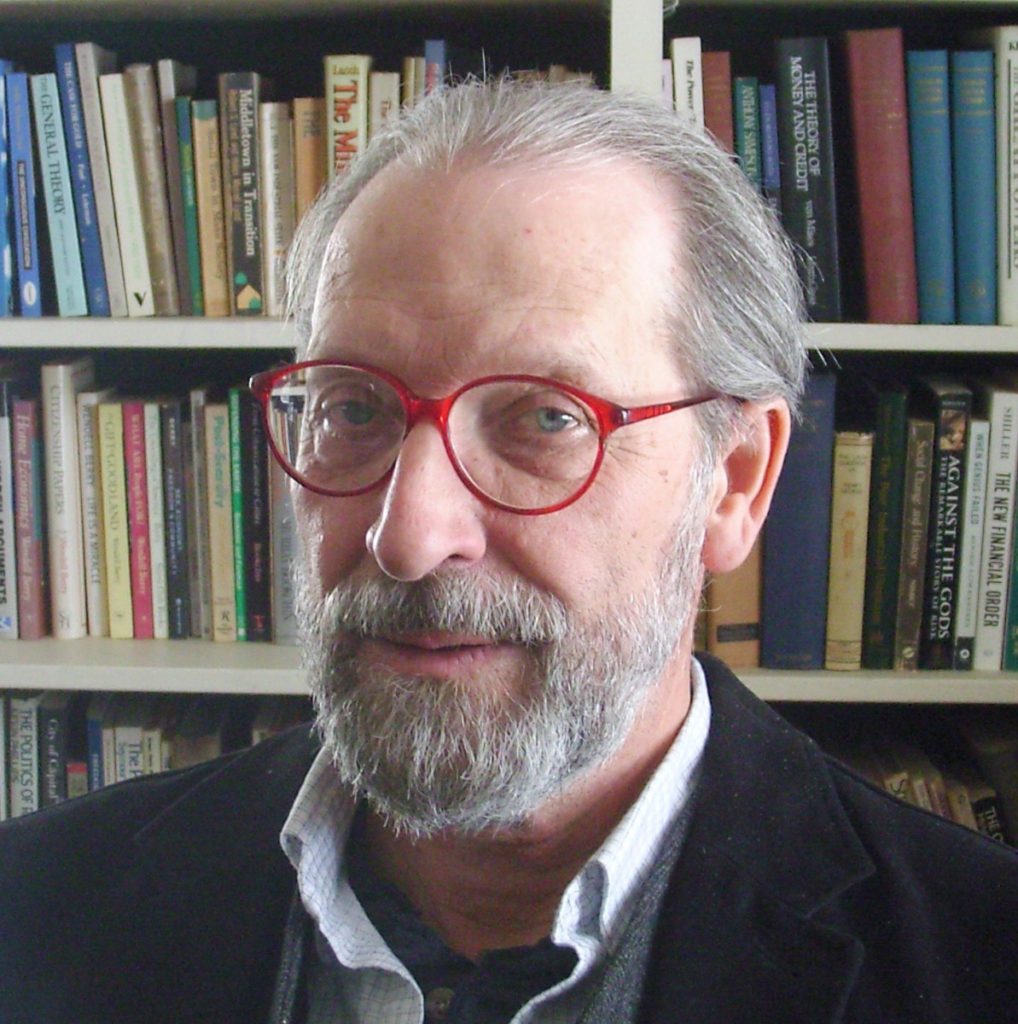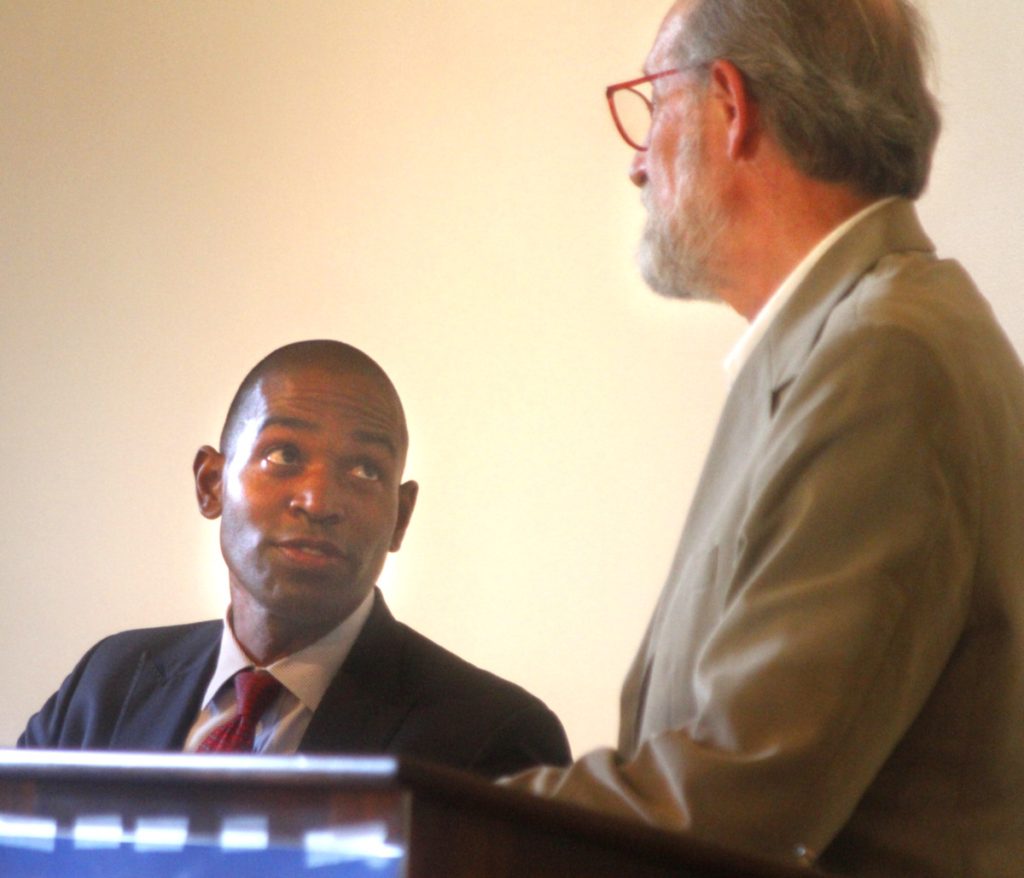Column by Adrian Kuzminski for July 27, 2018
On Playing The Race Card

There was a time not so long ago when the ideal on racial issues was to be color-blind, presuming the equality of all.
When that proved not to effectively
address the underlying problem of racism, affirmative action became the order of the day. It played an important role in bringing minorities, especially blacks, out of the ghettos and into prominence in the professions, the media and middle-class life.
But, at the same time, life for most blacks in the inner cities continued to deteriorate in a downward spiral marked by increasing crime, police repression,
drugs and desperation.
This is the world which gave us rap and hip hop.
Antonio Delgado’s early hip-hop recording, “Painfully Free,” has come to dominate the opening stages of the race for the 19th Congressional District.
According to the New York Times, the lyrics of his CD, made in Los Angeles when he was 28, “include frequent use of a racial epithet common among black rappers, and criticize some of the founders as ‘dead presidents’ who ‘believe in white supremacy.’”
His opponent, Congressman Faso, was quick to jump on the issue, claiming, according to the Times, that Delgado’s lyrics are “inconsistent with the
views of the people of the 19th District and America.”
Delgado shot back at once, saying of Faso, according to the Times: “In his dated mind-set, he thinks it’s accurate to suggest that if you’re black or if you’re of a certain race, you can’t be of this community.”
In an earlier interview with his alma mater, Colgate University, reported by Hybrid Magazine, he discussed his CD, saying, “Hip Hop is misunderstood.” “Hip hop is a philosophy to live by … Hip hop is its purest form conveys the plight of the underprivileged.”

Delgado, a product of a middle-class upbringing in Schenectady, and of Colgate, Harvard Law and Oxford University, hardly grew up a desperate ghetto kid. But
he did give voice to the plight of the underprivileged, as he says, and used their idiom to do so.
The world of inner city ghettos represents a festering wound in America, and its unsettling, provocative language is an unpleasant reminder to the rest of us of a major failure of our society – something we still need to fix.
No matter how uncomfortable it makes us, we should respect not condemn hip hop for the challenge it poses.
The rappers are telling us that racism, far from being something we can ignore, has been built into our culture, and thereby into how we think.
Delgado is saying that we’re not color-blind, that we’re all racists on some level. This is meant not to condemn us, but to invite us to acknowledge a common problem, which is the first step to overcoming it – like an alcoholic admitting he or she’s an alcoholic.
Like an addict in denial, Faso pretends to be color-blind. But he betrays his own prejudices by cynically stooping to play the race card against Delgado.
I’m not a racist, he insists, but Delgado must be
because he has the audacity to remind us of the truth of our tragic history.
By insisting that Delgado’s lyrics are un-American, when they are in fact as American as apple pie, Faso only deepens the racial divide. To exploit racism for votes is despicable demagoguery.
Luckily, the voters will have a choice in November of either giving in to their racism, or beginning to
transcend it.
Adrian Kuzminski, retired Hartwick College philosophy professor and Sustainable Otsego moderator, resides in Fly Creek.

